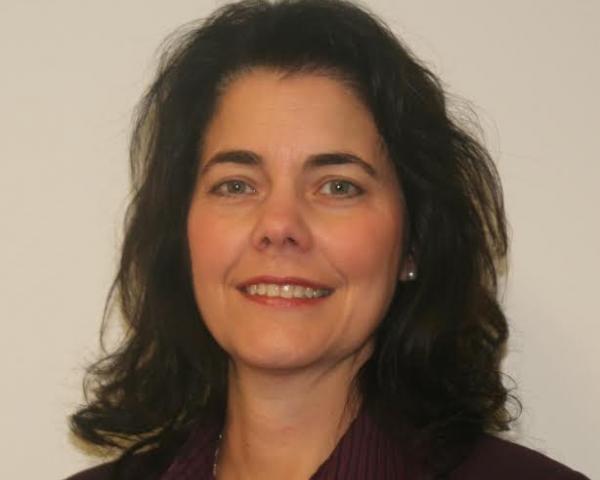To say that most new producers don’t hit the ground running is an understatement. Between learning about the specific products and coverages the firm offers, beginning to prospect leads and acclimating to a new job, it’s common for new producers to feel overwhelmed from day one.
The issue isn’t exclusive to insurance. New hires struggle in every industry—nearly a
quarter of all workers turn over before their one-year anniversary. A
third of new hires may never give their new gig a fair chance—they admit to looking for a new job less than six months into a new position. But research suggests that new producers have an especially difficult time finding their footing. Only 56% of new producer hires have been successful over the past five years, according to a
Reagan Consulting report.
These findings confirm what many in the industry have known for a long time and experienced first-hand: it’s tough to get your start as a new producer. But it’s not impossible—and it’s up to leadership to help.
Who’s getting hired?
Nearly two of every three new producers hired in the past five years have a background in the insurance field. Ten percent are insurance industry professionals with no sales background, while 55% are experienced producers. Only 35% of new producer hires are from outside the insurance industry. Reagan points out that while luring producers with experience (and established books) from other firms is a good way to ensure a successful new hire, agencies and brokerages, and the industry at large, will have more long-term success by developing a robust recruiting and development process to nurture in-house talent.
Julie Donn, a senior development consultant for The Institutes Producer Accelerator Program, featuring Polestar, has seen the impact these programs can have on a new hire. She says that, with the right onboarding process and mentor, becoming a successful producer doesn’t have to be difficult. But a little charisma still goes a long way.
“It all boils down to being able to build relationships,” Julie says. “People buy from whom they like. Understanding the technical aspects of insurance is extremely important, of course, and is a lifelong learning process. But you have a team of people behind you to help with that as you’re learning. You have to be personable.”
See also: How New Producers Can Get Fast Start
What’s working?
The Reagan study looked at technical and sales training strategies and their effectiveness. Providing external training resources was generally the most valuable method.
This external training must be curated and adjusted to meet the specific needs of new producers, according to the authors of the report. “We repeatedly heard from top performers that a haphazard, make-it-up-as-you-go approach needs to be replaced by coordinated programs that are intentional and proactively managed. Several firms attributed their recent advancements in producer recruiting and development to the significant investment they have made in their development programs,” Julie says. Reagan dug even deeper into how firm structures and procedures affect producer success, focusing on specific practices such as these:
- Specialization — 29% of producers are required by their firms to specialize, and these producers had a 7% higher rate of success. Individuals with experience in the insurance industry but no sales experience were most likely to specialize, Reagan found.
- Team-based selling — Team selling was less popular among agencies but did lead to increased new producer success. Reagan notes that team selling may be increasing as firms seek to capture institutional knowledge from seasoned producers approaching retirement. Among producers hired in their 20s, 71% who practiced team-based selling were successful.
- Assigning accounts — Assigning specific accounts to new producers also increased success, but authors were quick to note that each firm must balance helping new producers learn the ropes by working on assigned accounts (and potentially increasing referrals) and letting producers find and earn their own business.
Mentoring — a key component
Mentoring resulted in more successful producers across all categories and was particularly effective among new producers hired in their 20s or 30s who were from outside the industry or had no sales experience. If you’re looking to recruit mentors from within your ranks, start by asking senior producers and sales leaders. However, not all mentor relationships are created equal — 60% of mentors are not paid to help bring new producers up to speed.
See also: Why You Need Happy Producers (Part 2)
Donn says that these mentor relationships are crucial early in a producer’s career and that, whatever tactics firms use to help new producers succeed, it’s crucial that new hires feel supported and see a clear career path.
“Knowing they have someone who is talking with and addressing concerns is crucial to getting new producers started more quickly,” she says. “There’s a structure and a plan, and someone is in constant communication with them to make sure it’s happening. It’s a huge benefit to firms.”
How do you get new producers up and running effectively? Share your tips in the comments below, or learn more about the The Institutes Producer Accelerator program, which offers a comprehensive onboarding solution.





